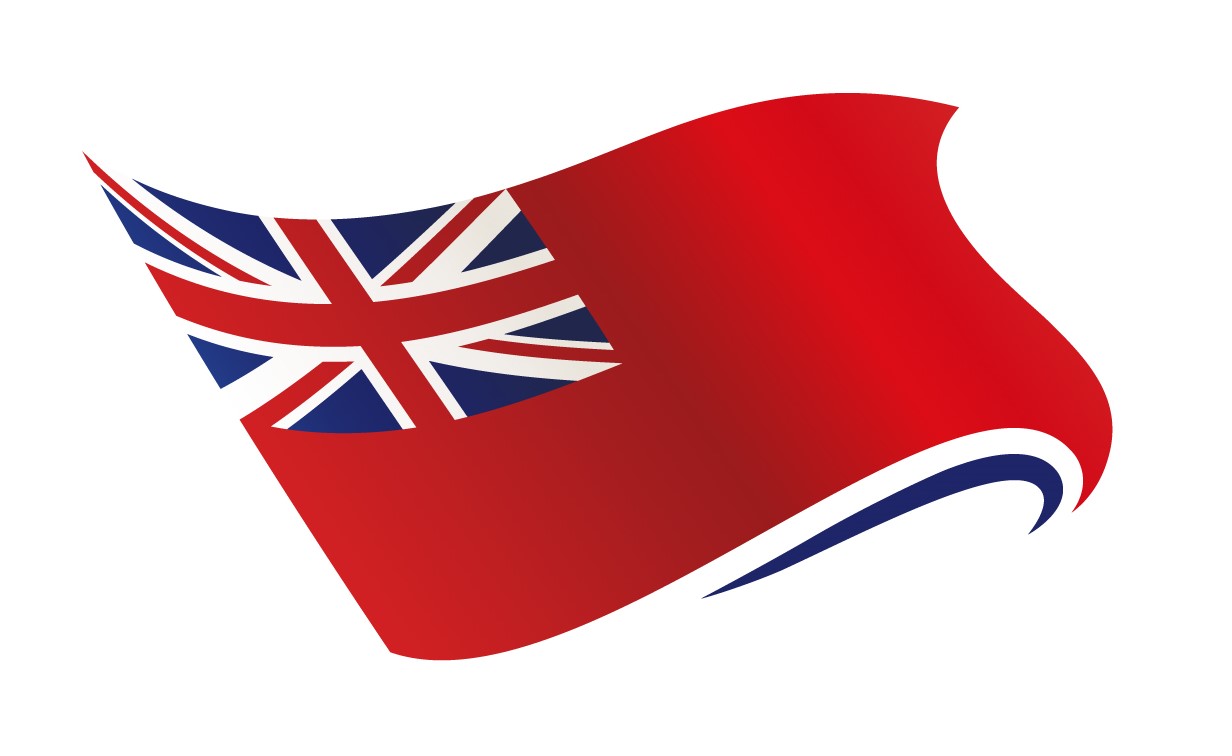Equality Act 2010 (Working on Ships and Hovercraft) Regulations 2011
Part 5 of the Equality Act 2010 specifically deals with work and offers protection in respect of protected characteristics from discrimination, harassment, victimisation and other unlawful conduct. Protected characteristics included in the Act are: age, disability, gender reassignment, marriage and civil partnership, pregnancy and maternity, race, religion or belief, sex and sexual orientation.
By applying Part 5 to work on ships and hovercraft, and seafarers the Regulations ensure that, as far as possible, seafarers receive the same level of protection from discrimination, harassment and victimisation as individuals in other sectors on land. It also clarifies how equality legislation applies to work on ships and hovercraft, and seafarers. Most of the obligations within the Act are underpinned by EU law and therefore EEA states are also bound by those obligations. As the protected characteristic of marriage and civil partnership is a domestic provision, not required by EU law, that protected characteristic is excluded as regards ships registered in EEA states other than the UK.
The Regulations apply Part 5 of the Act to:
- all seafarers, irrespective of nationality, who work on board a UK registered ship which operates wholly or partly in Great Britain or adjacent waters; and
- EEA/designated state* seafarers where the legal relationship of their employment is located in (or closely linked to) Great Britain, working on board an EEA registered ship/hovercraft operating wholly or partly in Great Britain or adjacent waters (except in relation to the protected characteristic of marriage and civil partnership); and
- EEA/designated state seafarers where the legal relationship of their employment is located in (or closely linked to) Great Britain, working on board a UK registered ship/hovercraft operating wholly outside Great Britain and or adjacent waters.
The Regulations provide that it is not unlawful to offer to pay or pay different rates of pay to seafarers (applicants, employees and contract workers), other than those from EEA or designated states, if a person applied to work as a seafarer or was recruited as a seafarer outside Great Britain. If the seafarer later becomes a British citizen or a national of another EEA or designated state then the exception will no longer apply.
Similar legislation applies in Northern Ireland.
*Designated States mean countries of the African, Caribbean, and Pacific Group of States, the Kingdom of Morocco, Montenegro, the Most Serene Republic of San Marino, the People's Republic of Algeria, the Principality of Andorra, the Republic of Albania, the Republic of Croatia, the Republic of Macedonia, the Republic of Tunisia, the Republic of Turkey, the Russian Federation or the Swiss Confederation.
